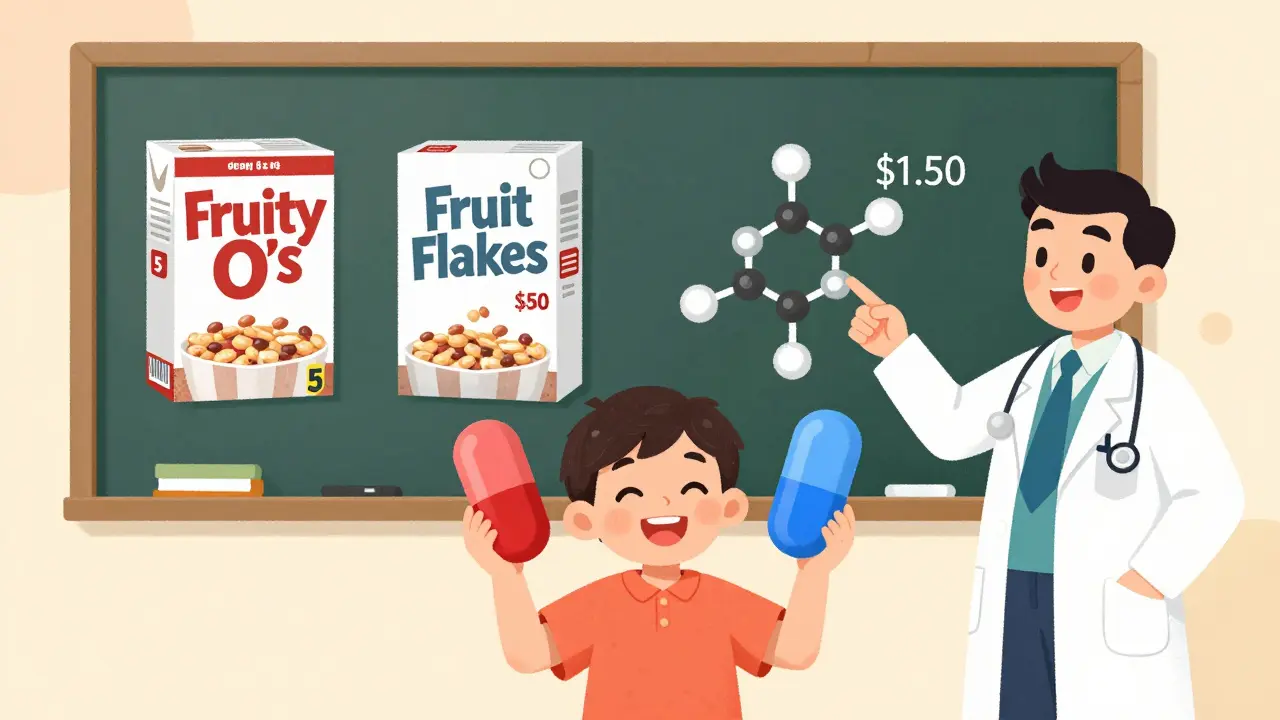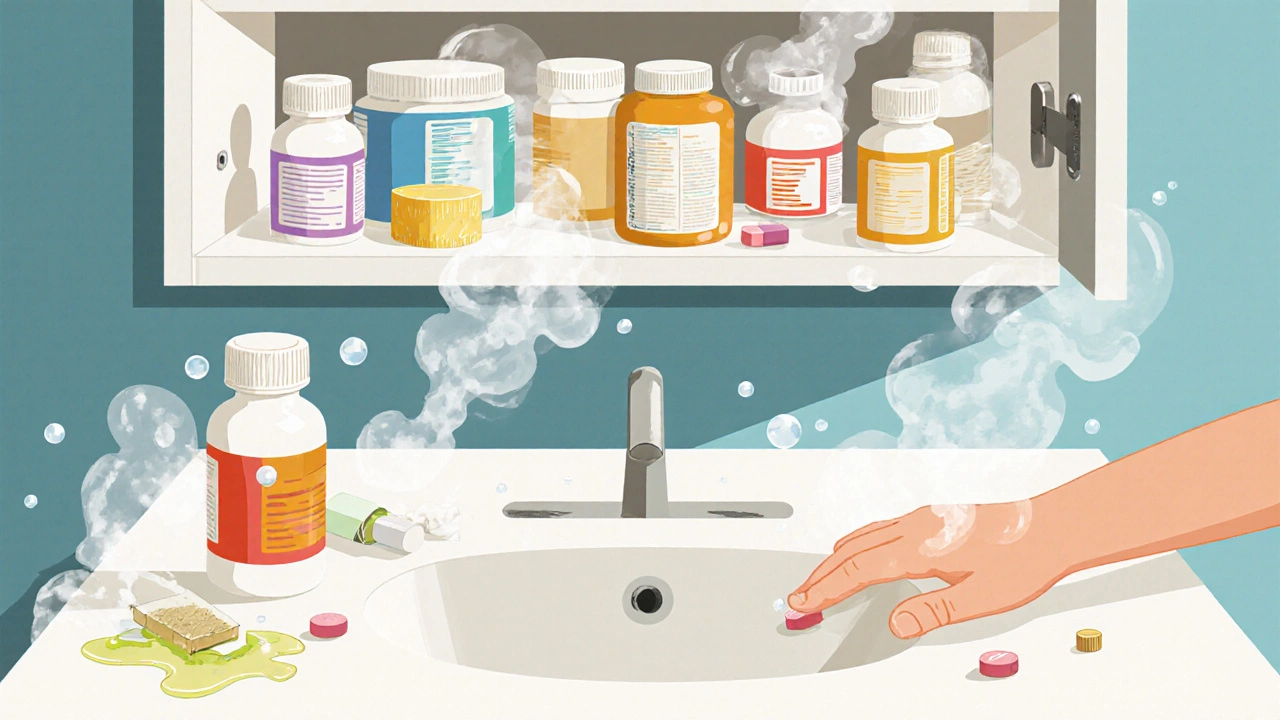Medicine Safety: How to Avoid Dangerous Interactions and Use Drugs Correctly
When you take a medicine, a substance used to treat, cure, or prevent disease. Also known as drug, it's meant to help—not hurt. But medicine safety isn’t just about swallowing a pill with water. It’s about understanding what else is in your body when you do. A grapefruit in your breakfast smoothie. A heating pad on your back. A sleep aid you picked up without a prescription. These aren’t harmless choices—they can turn a safe drug into a life-threatening one.
Drug interactions, when two or more substances affect each other’s effects in the body. Also known as medication interactions, they’re behind most preventable hospital visits from pills. That’s why Linezolid can cause serotonin syndrome with antidepressants—even though the real risk is under 0.5%. Why fentanyl patches can overdose you if you take a hot shower. Why St. John’s wort can make your birth control useless. These aren’t rare edge cases. They happen every day because people assume if a drug is legal or sold over the counter, it’s automatically safe to mix. It’s not. Medication safety, the practice of using drugs correctly to avoid harm. That means knowing your prescriptions, checking supplements, and asking your pharmacist—not just Google—when something feels off.
You’ll find real examples here: how antibiotics trigger yeast infections, why liver tests matter when you’re on long-term meds, how heat changes how fentanyl works, and why generics are just as effective as brand names—even if you still doubt them. We cover what happens when food clashes with medicine, how inhaler technique makes or breaks your asthma control, and why a simple mistake with melatonin can wreck your sleep cycle for weeks. No fluff. No theory. Just what you need to know to keep yourself and your family safe.
These aren’t abstract warnings. They’re lessons from real cases—people who took the right pill, at the right time, but still ended up in the ER because of something they didn’t know. You won’t find all the answers here, but you’ll find the right questions to ask. And that’s where real medicine safety begins.

Teaching Children About Generic Drugs: A Simple Guide for Parents and Educators
Teach children how generic drugs work, why they're safe, and how to recognize them. Simple, science-backed tips for parents and educators to build medicine confidence in kids.

Medication Storage and Authenticity: How to Protect Your Home Supply from Counterfeits and Accidents
Learn how to store medications safely at home to prevent accidental poisonings, teen misuse, and counterfeit drug risks. Simple steps can protect your family and keep your meds effective.
